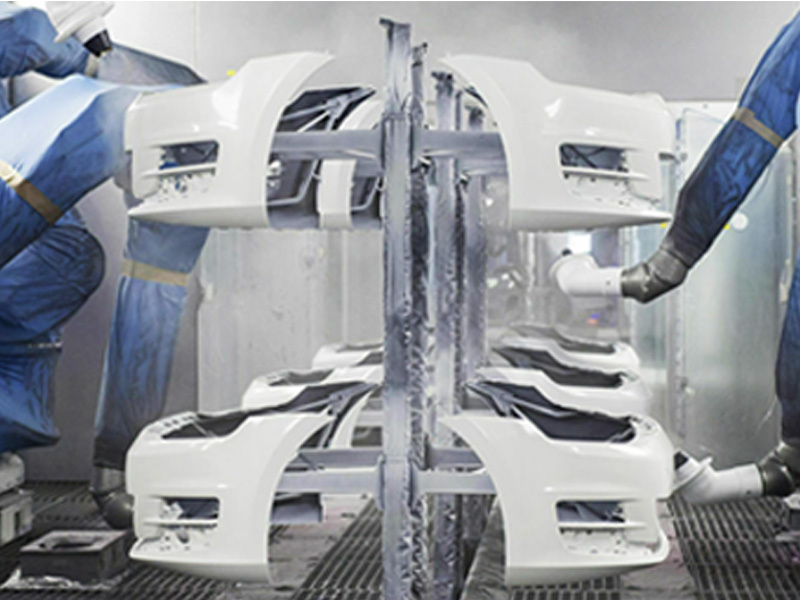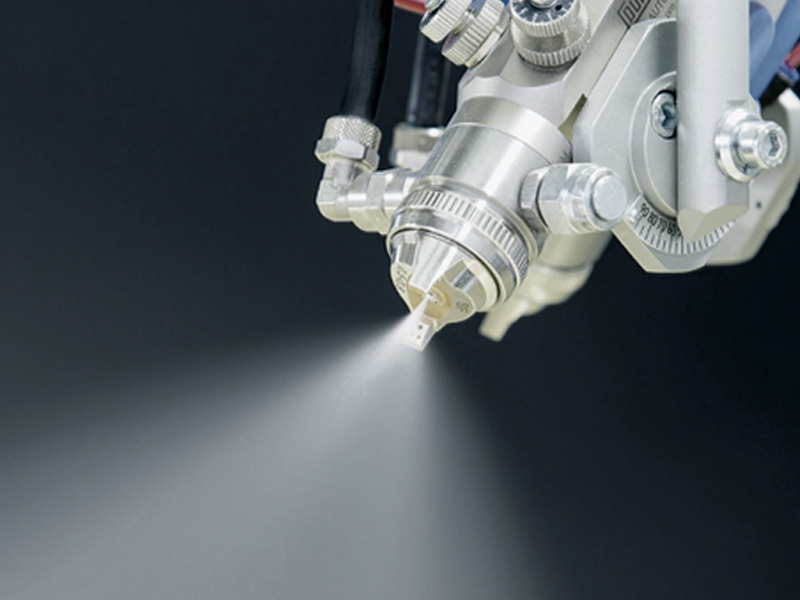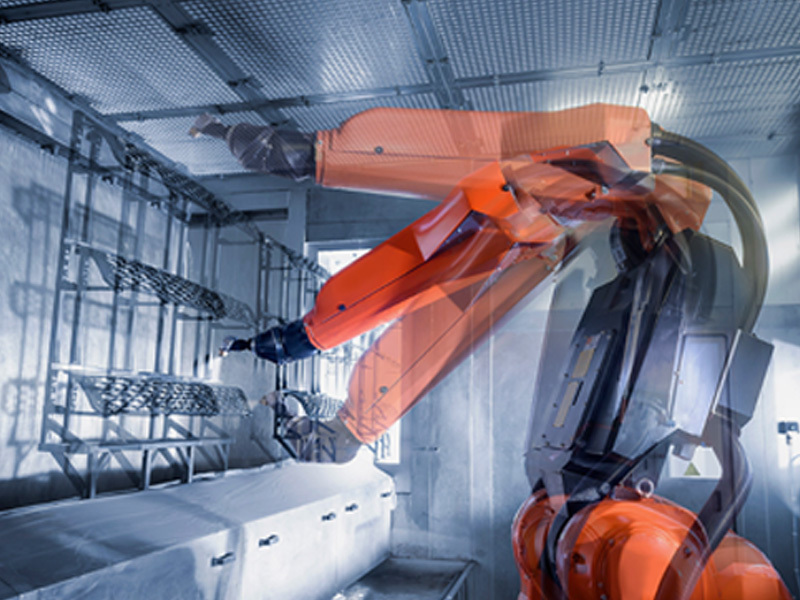Maximizing Efficiency: The Benefits of Energy Saving PCB Coating for Industrial Equipment
Release time:
2025-07-15
In the contemporary industrial landscape, energy efficiency is not just a regulatory requirement but also a key driver of operational excellence. One area that is gaining attention is the use of energy-saving PCB coatings in manufacturing processes. These specialized coatings serve multiple purposes—including protection against environmental factors, insulation, and, importantly, energy efficiency

In the contemporary industrial landscape, energy efficiency is not just a regulatory requirement but also a key driver of operational excellence. One area that is gaining attention is the use of energy-saving PCB coatings in manufacturing processes. These specialized coatings serve multiple purposes—including protection against environmental factors, insulation, and, importantly, energy efficiency enhancement.
Energy saving PCB coatings are designed to minimize energy loss in electronic components. Traditional PCBs can dissipate energy through heat, leading to increased consumption and reduced efficiency. However, energy-saving coatings employ advanced materials and technologies that enhance the thermal management of PCBs. By efficiently dissipating heat, these coatings help maintain optimal operating temperatures, which is crucial for the reliability and longevity of industrial equipment.
One of the primary benefits of using energy-saving PCB coatings is their potential to reduce operational costs. In environments like spray painting workshops, where energy consumption can be substantial, implementing these coatings can lead to significant savings. They can also contribute to improved performance, as cooler components tend to function more reliably and with greater accuracy. This is particularly important in industries where precision is paramount.
Moreover, energy-saving PCB coatings can also improve the durability of electronic components. By providing a protective barrier against moisture, dust, and chemicals, these coatings help extend the lifespan of PCBs. This is vital in industrial environments where equipment is often exposed to harsh conditions. The longer lifespan not only translates to lower replacement costs but also minimizes downtime, enhancing overall productivity.
When selecting an energy-saving PCB coating, it’s essential to consider the specific requirements of your workshop's operational environment. Factors such as temperature fluctuations, exposure to solvents, and humidity levels can influence the effectiveness of the coating. Additionally, consulting with experts in the field can provide insights into the latest advancements in coating technology, ensuring you choose a solution that aligns with your energy efficiency goals.
In conclusion, the adoption of energy-saving PCB coatings in industrial equipment, especially in spray painting workshops, presents numerous advantages. From enhanced thermal management and reduced energy consumption to improved durability and operational reliability, these coatings offer a comprehensive solution for modern manufacturing challenges. Investing in energy-saving PCB coatings not only benefits the environment but also supports the bottom line, making it a strategic choice for businesses aiming for efficiency and sustainability.
Energy saving PCB coatings are designed to minimize energy loss in electronic components. Traditional PCBs can dissipate energy through heat, leading to increased consumption and reduced efficiency. However, energy-saving coatings employ advanced materials and technologies that enhance the thermal management of PCBs. By efficiently dissipating heat, these coatings help maintain optimal operating temperatures, which is crucial for the reliability and longevity of industrial equipment.
One of the primary benefits of using energy-saving PCB coatings is their potential to reduce operational costs. In environments like spray painting workshops, where energy consumption can be substantial, implementing these coatings can lead to significant savings. They can also contribute to improved performance, as cooler components tend to function more reliably and with greater accuracy. This is particularly important in industries where precision is paramount.
Moreover, energy-saving PCB coatings can also improve the durability of electronic components. By providing a protective barrier against moisture, dust, and chemicals, these coatings help extend the lifespan of PCBs. This is vital in industrial environments where equipment is often exposed to harsh conditions. The longer lifespan not only translates to lower replacement costs but also minimizes downtime, enhancing overall productivity.
When selecting an energy-saving PCB coating, it’s essential to consider the specific requirements of your workshop's operational environment. Factors such as temperature fluctuations, exposure to solvents, and humidity levels can influence the effectiveness of the coating. Additionally, consulting with experts in the field can provide insights into the latest advancements in coating technology, ensuring you choose a solution that aligns with your energy efficiency goals.
In conclusion, the adoption of energy-saving PCB coatings in industrial equipment, especially in spray painting workshops, presents numerous advantages. From enhanced thermal management and reduced energy consumption to improved durability and operational reliability, these coatings offer a comprehensive solution for modern manufacturing challenges. Investing in energy-saving PCB coatings not only benefits the environment but also supports the bottom line, making it a strategic choice for businesses aiming for efficiency and sustainability.











